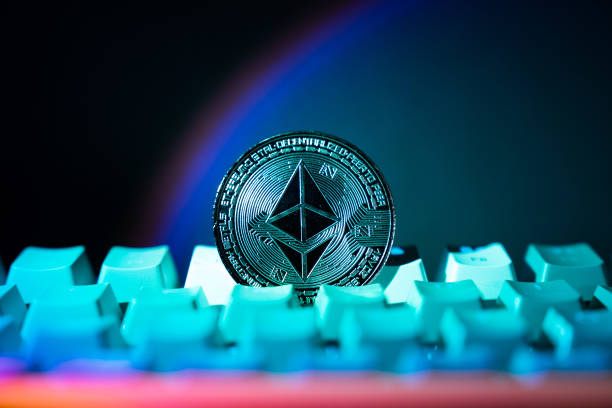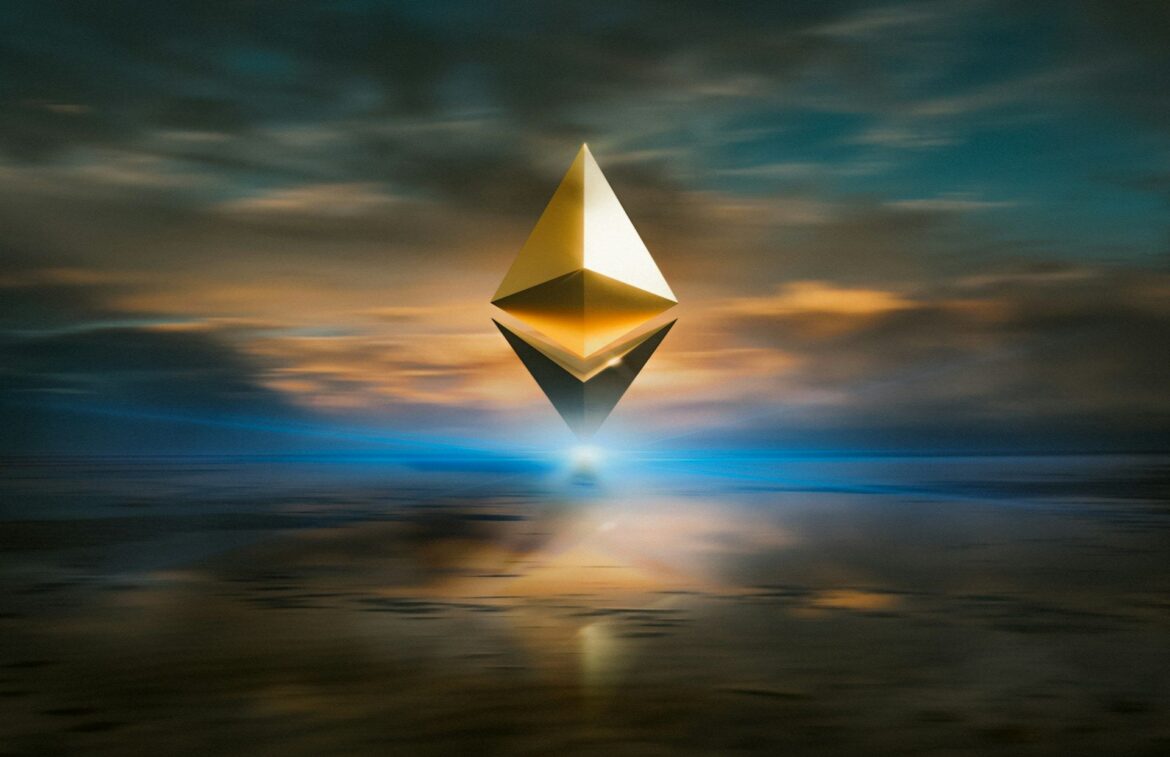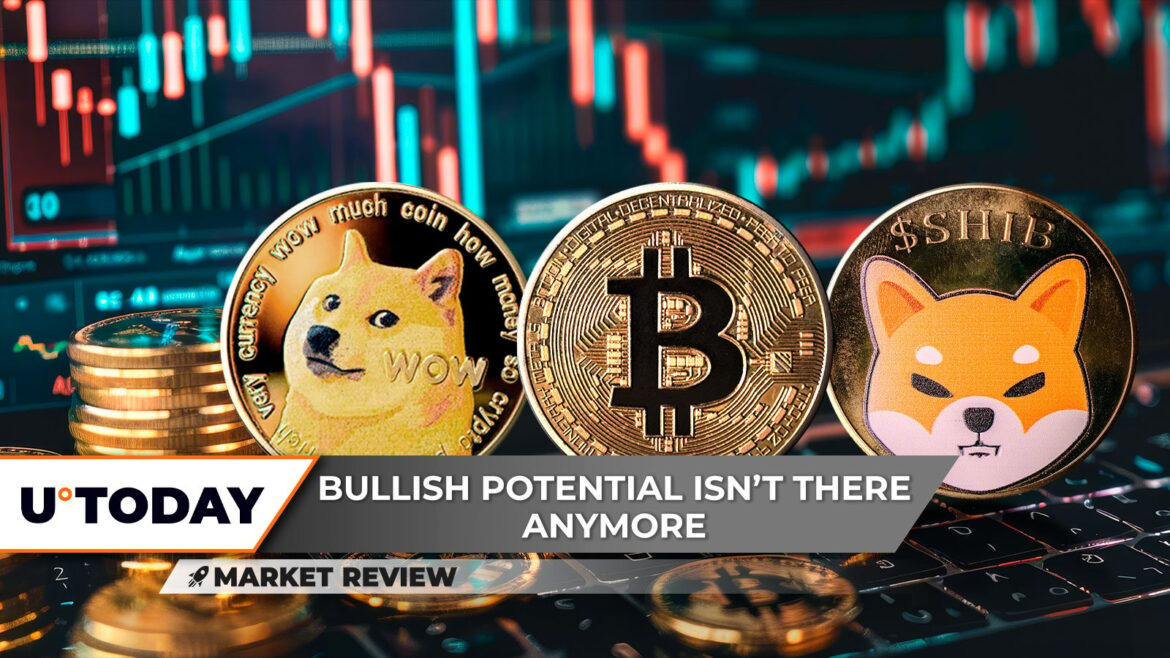The announcement of a leveraged buyout of Electronic Arts by a private-equity consortium has sent shockwaves through the games industry over the past few days.
The consortium includes Saudi Arabia’s Public Investment Fund (PIF) – which is linked to the country’s crown prince Mohammed bin Salman – along with Silver Lake (which previously invested $400 million in Unity) and the independent investment firm Affinity Partners, headed by US president Donald Trump’s son-in-law Jared Kushner.
But perhaps the buyout shouldn’t come as a surprise.
Trip Hawkins – who founded EA in 1982, but left in the 1990s – warned that the company would be snapped up sooner or later back in 2022. “As with Activision, EA will get the proverbial offer that they cannot refuse,” he said at the time – and so it has proved.
Peter Lewin, a video game lawyer at the UK law firm Wiggin, adds that all the recent signs pointed towards a buyout. “Rumours have swirled about a potential EA sale for a while, with previous potential suitors reportedly including the likes of Disney, Apple, and Amazon, so a sale is unsurprising,” he says.
“The successful consortium including the Saudi’s Public Investment Fund [PIF] is also not a shock, given they already owned roughly 10% of the company and had very publicly earmarked several billion for a large publisher acquisition years prior.”
“I do worry about many things with this deal”
Hendrik Lesser, Remote Control Productions
Hendrik Lesser – founder of the Munich-based Remote Control Productions and president of the European Games Developer Federation – agrees that it’s “not a secret” that EA had been looking at all kinds of sale options for years. But he’s concerned about what the buyout will mean for the company.
“I have played EA games since I was a kid, worked with them in various roles (policy to project) and wish them the best,” he says. “But I do worry about many things with this deal. How will creative control work, especially over time? I doubt that with the PIF and Kushner, this is just a financial investment.
“It gives the PIF (which is a state-controlled investment fund) even more capabilities in gaming, including soft power, especially with an IP like Battlefield. This should not be taken lightly in today’s times.”
Piers Harding-Rolls, head of games research at Ampere Analysis, says that for PIF, the EA purchase “fits into its strategy of accumulating soft power through entertainment and sports. This lays the foundation for the World Cup in 2034 taking place in Saudi Arabia.”
Synergies
Harding-Rolls also notes that there are “a few obvious synergies” between the parties involved in the deal, which could lead to benefits for both EA and its purchasers.
“Saudi Arabia’s PIF and Silver Lake control a cross section of companies in the games, entertainment, and sports sectors which potentially align strongly with EA’s business,” he says. “They are particularly strong in sports and esports, which sits neatly with EA as the leading sports-game company.
EA Sports FC 26 | Image credit: EA
“PIF also owns Scopely and Niantic’s games studios through Savvy Games, a deep well of expertise in mobile gaming. EA’s mobile games business has traditionally underperformed and should be a much larger part of its overall business.
“This alignment could help transform EA’s mobile business. EA’s revenue growth in recent years has been benign, so the opportunity to drive growth and build out a long-term strategy by bringing together a cross-section of expertise is attractive to both parties. A more diversified strategy could offset some of the huge investments being made in AAA gaming and drive broader value from the same IP investments.”
Beyond this, there’s also the advantage that by going private, EA will no longer have to satisfy the demands of shareholders or worry about the optics of its finances ahead of quarterly earnings announcements. Harding-Rolls says this could potentially allow the firm to focus more on “long-term strategies and investments.”
Fiona Sperry, who previously headed up the EA-owned Criterion Games and is now the CEO of Three Fields Entertainment, agrees that going private could potentially be freeing for EA. “I can’t comment on these particular investors, but If I still worked at EA, I’d be really excited about the opportunity that going private would entail,” she says.
Sperry notes that launch dates tend to be largely immovable for publicly listed companies owing to the huge gap in earnings a delay could cause – but private companies have more leeway.
“However experienced you are, the reality of game development means that you’re often having to compromise your game to hit a date – a date you most often had to commit to long before you’ve finalised the design,” she says. “You have to design to the date rather than the other way round. And it’s really hard to do that when you’re trying to innovate.
“EA has amazing creative teams and hopefully this will give them the chance to really utilise that creativity and take some risks. Don’t get me wrong – dates are important for focussing everyone – but sometimes (as we have found with our game Wreckreation) you just need more time.”
Debt
One potential downside of the buyout, however, is the huge amount of debt involved. The total deal is worth $55 billion, but a whopping $20 billion of that total is being borrowed by the consortium – and hence will have to be paid back over time.
“Many are rightly noting the heavily leveraged nature of this sale,” says Lewin, “and how servicing $20 billion of debt may lead the business to more predictable, low-risk future investments. This may ultimately be a good thing for EA’s core franchises like Battlefield, EA Sports FC, The Sims, and Madden – we’ll see more of those.
“Big swings into revitalising EA’s treasure-trove of other IPs like Burnout, SSX, Mirror’s Edge, and Titanfall though, or enhanced investment into its excellent EA Originals programme, seem unlikely.”
Titanfall 2 | Image credit: EA
However, Lewin offers a glimmer of hope by suggesting that these “less-exploited IPs” could end up being put on the market by EA’s new owners.
“We’ll likely see a greater emphasis on transmedia and licensing,” Lewin adds, “in order to create additional revenue streams around their core franchises, with limited financial exposure on EA’s side.”
Industry veteran Richard Browne – who currently heads the consultancy firm Blue Moon, but was previously head of external publishing for Digital Extremes, and began his career at pre-PlayStation Eidos – says that the EA buyout comes with a “great deal of concerns” in the short term.
“Assuming that level of debt usually requires the company to focus primarily on profit and paying it down as quickly as possible,” he says, “which could focus EA on squeezing consumers harder on elements such as microtransactions and subscriptions. It might also drive them to push all franchises onto a yearly cycle, putting pressure and crunch on development teams and lessening the ability for innovation.”
Like Lewin, he worries that the buyout could stymie the “more creative elements of EA,” where “profit margins haven’t been the goal.”
“On the flip side,” he adds, “having been part of companies like THQ, where quarterly performance really contributed to its death spiral, EA has the opportunity to invest in long-term growth and investment away from the prying eyes of Wall Street. As an industry, we’ll hope that’s the case.”
“There is likely to be rationalisation of workforce and capital expenditure”
Piers Harding-Rolls, Ampere Analysis
Still, he’s concerned about talent drain at the firm. He notes that the deal will “make a lot of people in EA very happy” if they have stock options in the company – but without that ability to offer stock options in the future, “how does EA retain its best and brightest?” he asks.
Going back to the short term, the biggest implication of the deal is the high risk of job losses.
“There is likely to be rationalisation of workforce and capital expenditure as a result of the buyout,” warns Harding-Rolls. Servicing that huge $20 billion in debt will require “cutting costs and building more margin from existing businesses to generate more free cash flow,” he says.
“There might also be some talent migration due to cultural differences. However, I don’t expect any significant changes to the upcoming slate of games over the next couple of years. The biggest opportunities remain growth of the Battlefield franchise, growth of the EA Sports FC franchise during the World Cup 2026, and bigger exposure to mobile gaming.”
Industry implications
It’s worth noting at this point that the buyout isn’t yet a done thing. “The size of the deal will likely require regulatory approvals,” notes Lewin. “However, given this deal doesn’t involve the acquisition of one gaming behemoth by another, there shouldn’t be any anti-competition concerns as we saw with Microsoft and Activision Blizzard.”
But assuming it does go through (EA said in a press release that it hopes to close the transaction in Q1 2027), it could be one of many mergers and acquisitions we see in the next few years.
The Sims 4 | Image credit: EA
Harding-Rolls suggests that as the games industry continues in a slow growth market against a backdrop of increasing costs, companies will seek to consolidate as a way to “build market share, drive growth, and drive more value from content investments.”
Another consequence is that the industry’s centre of gravity is shifting more towards the Middle East. “Saudi Arabia is determined to become a huge player in the global games market and challenge the biggest players from the US, China, and Japan,” says Harding-Rolls. “This has changed the deal landscape for the global industry and is shining a light on the Middle East and how the industry is being built in the region.”
The sheer scale of the deal could also be viewed as a positive, thinks Lesser, who says it “sends a message to the games industry that serious players believe in their future.”
Still, the full consequences of the buyout are obscure, and it’s difficult to predict at this point whether the positives will outweigh the negatives, especially for the employees within EA. Ultimately, we can only watch and see what happens next.
Circana senior director Mat Piscatella is frank in his admission that he doesn’t know quite where this trail will eventually lead. “I don’t think anyone really does, if they were being honest with themselves.”
But he does know one thing. “Leveraged buyouts have a certain history that generally hasn’t been great for the acquired companies,” he says. Whether that will be the case here remains to be seen.







